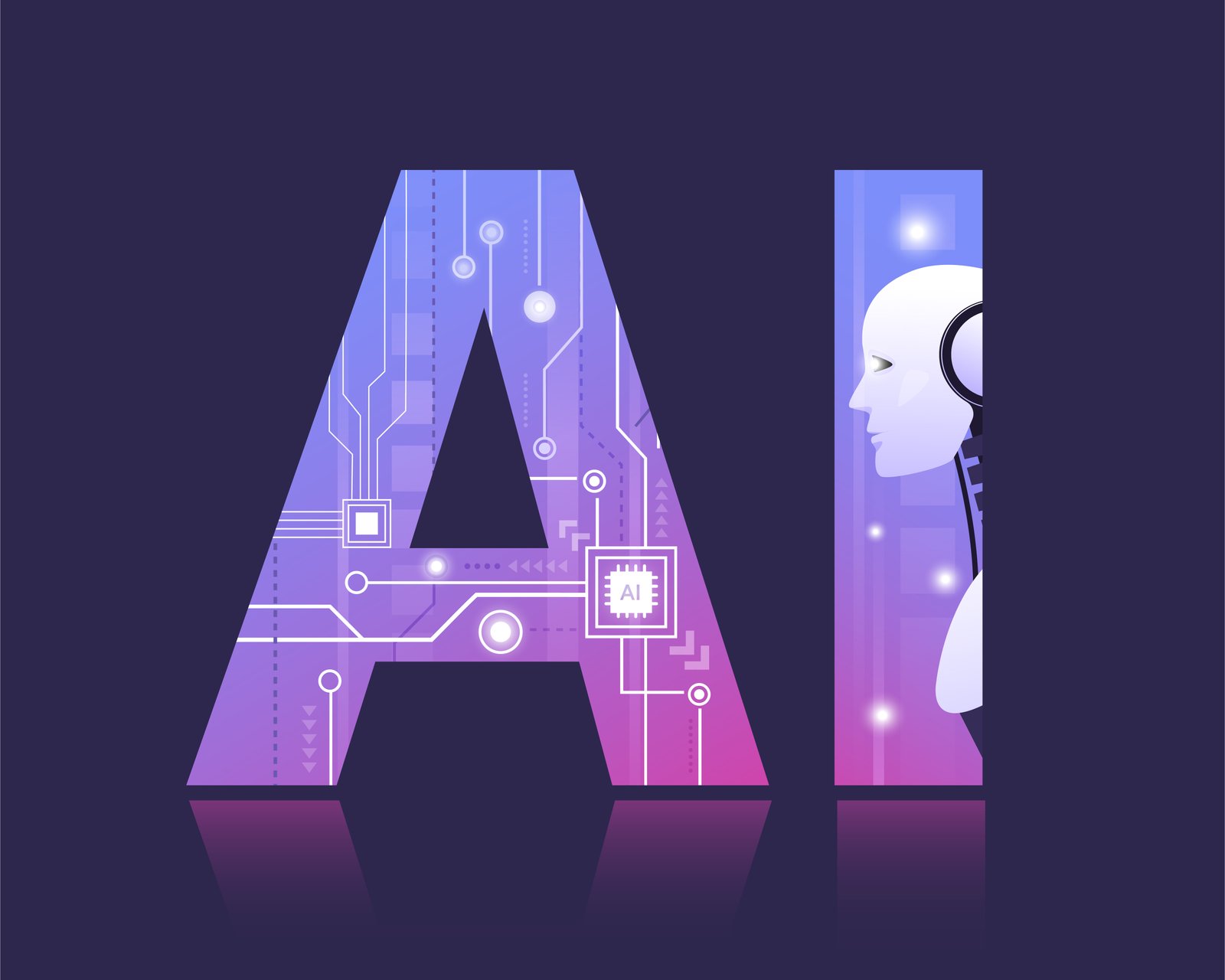

AI Revolution: How Generative AI is Transforming Businesses in 2025
Artificial Intelligence (AI) has been evolving rapidly, and in 2025, generative AI has taken center stage. From creating high-quality content to assisting in software development and improving customer experiences, generative AI is revolutionizing industries. Businesses are increasingly relying on AI-driven solutions to streamline operations, boost productivity, and enhance personalization. But how exactly is generative AI transforming the corporate world? Let’s explore.
Generative AI refers to artificial intelligence models that generate text, images, videos, and even code based on given inputs. These models, trained on vast datasets, can produce human-like responses and assist in creative and technical tasks. Notable advancements in 2025 include highly sophisticated language models, AI-driven graphic design tools, and autonomous code-writing assistants.
One of the biggest impacts of generative AI is in content generation. Businesses are leveraging AI tools to create high-quality blog posts, product descriptions, marketing copy, and even video scripts. AI-generated content helps companies maintain consistency and scale content production without compromising quality.
AI-powered chatbots and virtual assistants have become more advanced in 2025, capable of handling complex customer queries, providing personalized recommendations, and even processing transactions. These AI-driven assistants are significantly improving customer satisfaction by reducing response time and offering 24/7 support.
Generative AI is playing a crucial role in coding by assisting developers in writing, debugging, and optimizing code. AI-powered tools suggest code snippets, generate entire modules, and even automate repetitive programming tasks. This is accelerating software development cycles and reducing human errors.
Marketing strategies are becoming more AI-driven, with businesses using generative AI to create personalized campaigns. AI analyzes customer behavior and generates tailored advertisements, email sequences, and promotional content, enhancing engagement and conversion rates.
Generative AI is also making a mark in creative fields. AI-driven design tools generate logos, website layouts, and marketing visuals based on user preferences. Video editing and animation have also been enhanced with AI-powered effects and scene generation.
While generative AI offers immense benefits, it also raises ethical concerns. Issues like deepfake technology, AI-generated misinformation, and content authenticity require strict regulations. Additionally, concerns about data privacy, job displacement, and bias in AI models need to be addressed for sustainable AI adoption.
As AI models become even more sophisticated, businesses will integrate AI deeper into their workflows. Future trends include AI-powered virtual employees, real-time content moderation, and AI-driven decision-making tools. Companies that embrace AI innovation while prioritizing ethical AI use will gain a competitive edge in the evolving digital landscape.
Generative AI is revolutionizing how businesses operate, from automating content creation to enhancing customer interactions and optimizing software development. While challenges exist, responsible AI adoption will unlock immense opportunities for businesses in 2025 and beyond. Organizations that strategically integrate generative AI into their operations will be at the forefront of innovation and success.